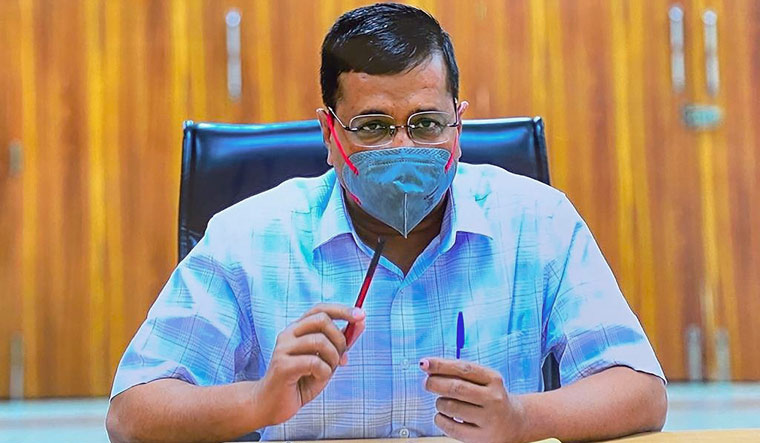Amidst a surge in COVID-19 cases in Delhi, Chief Minister Arvind Kejriwal said on Sunday that around 75 per cent of the cases in the national capital are either mild or asymptomatic, and of the total 4,781 patients at present, only 1,476 are in hospital.
Kejriwal also said that an analysis of the 73 deaths that have taken place due to COVID-19 in Delhi shows that 82 per cent of them were over 50 years of age. Of the 1,476 patients who are in hospital, 91 are in the Intensive Care Unit, and 27 require ventilator support.
“Around 75 per cent of the cases are either mild or asymptomatic, which in accordance with the Centre’s directives, can be treated at home,” he said.
The chief minister said healthcare teams of the Delhi government go to the homes of such patients to check if isolation facility, such as a spare room and toilet are available or not, and brief the family members of the precautionary steps they need to take. In case the patient cannot be isolated at home, he or she can opt for the government’s COVID-19 health centres, he said.
A total of 6,923 cases have been reported in Delhi so far, with 381 new cases emerging on Saturday.
The government has requisitioned ambulances belonging to private hospitals to tide over the shortage of the emergency vehicles.
Kejriwal, meanwhile, hit back at critics slamming the government’s decision to make arrangements for frontline workers at five-star hotels for their treatment, saying, “the opposition has asked us why we are giving special treatment to our COVID-19 warriors. If they are putting their lives at risk for us, if we offer them these facilities, what wrong are we doing?”
The CM also appealed to migrant workers to stay back, adding that the lockdown will eventually be lifted and they will get work. “When we see migrant workers on the roads in such large numbers, hungry and with blisters on their feet, it feels as if the entire system has failed. My appeal to them is to stay back. However, if they feel they are stuck, we are arranging trains to send them to their home states,” he said.



